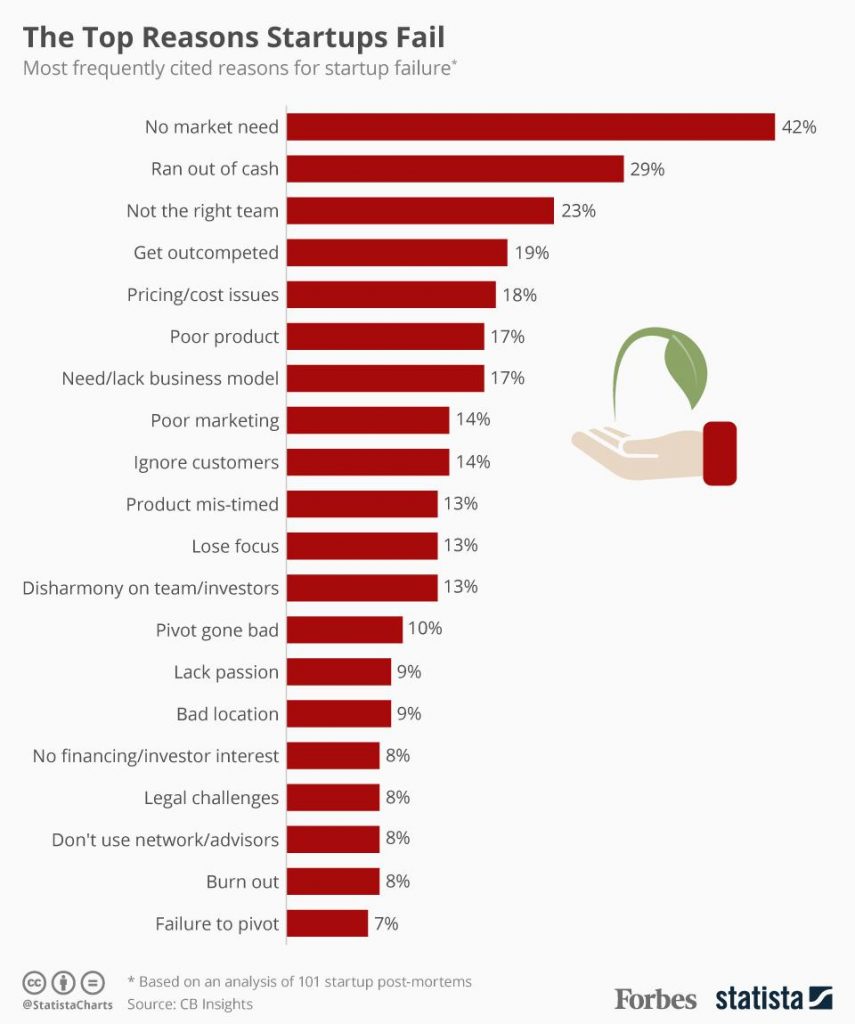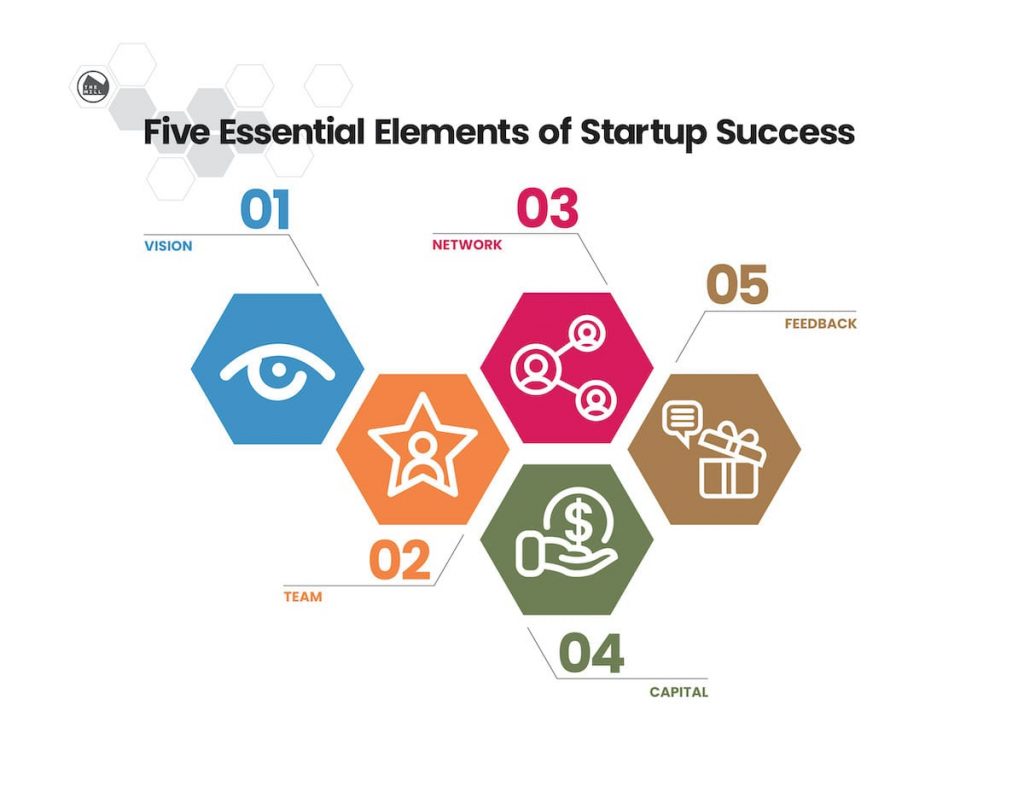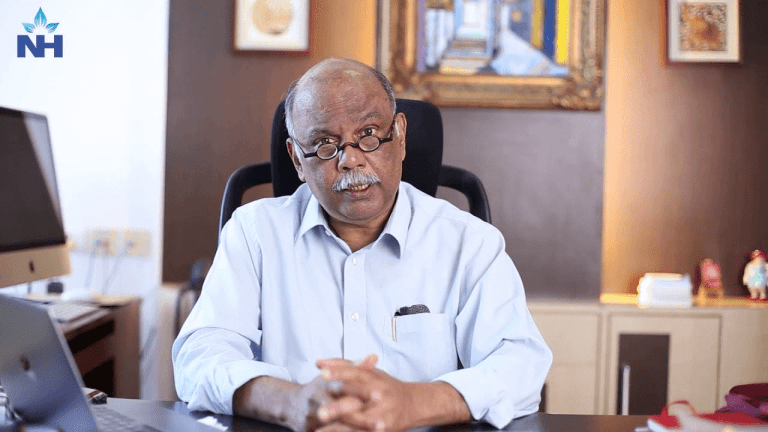How MedTech Startups Can Successfully Collaborate with Medical Associations To Be Market Access Ready
Collaborations between MedTech startups and medical associations can significantly help the former accelerate their transition from a concept or an idea to a market-ready product. Medical associations like CAHO and AHPI recognize the urgent need for technological innovations in healthcare and actively engage with MedTech startups.
We spoke to Dr. Vijay Agarwal, President at Consortium of Accredited Healthcare Organizations (CAHO), and Dr. Alexander Thomas, President at Association of Healthcare Providers – AHPI (India), for insights on how MedTech startups and entrepreneurs can successfully approach and collaborate with medical associations.
Medical Associations Are Eager To Collaborate - There is a Two-Way Value Exchange
Dr. Vijay Agarwal observes that the collaboration between MedTech startups and medical associations is beneficial not only for startups but also for the associations.
Medical associations are actively working towards the welfare of their end-users, who could be patients or healthcare personnel like doctors, nurses, or radiologists. Although with the additional purpose of monetization, MedTech entrepreneurs are also working towards building products for the welfare of the same audience. There can be great synergy between MedTech startups and medical associations.
As Dr. Vijay Agarwal points out, the speedbump to this collaboration is in the association’s hesitation to understand the benefits of and cooperate with commercial MedTech organizations. Both Dr. Vijay Agarwal and Dr. Alexander Thomas have worked with MedTech startups and have seen them benefit greatly from collaborating with their medical associations.
Medical associations are an excellent forum for MedTech entrepreneurs to validate their ideas and bring needed solutions. When startups present a usable product, these associations provide a large and relevant user base for beta testing and valuable feedback that helps iron out any problems.
Medical associations also help startups connect with their network of hospitals and healthcare facilities to test their products in real-time, saving costs and effort in the process.

According to this report, the number one reason for startup failure is launching a product that has no market need. Collaborating with medical associations is an excellent way for MedTech startups to gauge the relevance of their product. (Image source)
Why MedTech Startups Should Approach Medical Associations - Case Studies of Startups Who Have Benefitted From A Collaborating
Dr. Alexander Thomas mentions 5C Network, a MedTech company started by an IIT graduate worth 120 crores. 5C Network recognized a drawback in the reporting of medical scans. Scans like CT Scans, MRIs, and X-Rays generally took 24-48 hours for results. Getting these results faster while being more accurate was an urgent need. 5C Network started as a radiology aggregator platform and today has a network of over 400 radiologists and generates 1 Million reports per year.
Another company that Dr. Alexander Thomas mentions is Chennai-based ibhar. ibhar is a software application that enables healthcare organizations to achieve NABH or JCI standards compliance. Dr. Alexander Thomas and the members at AHPI worked with both these MedTech companies and provided the medical expertise and knowledge needed to realize their ideas into working products.
Dr. Vijay Agarwal mentions HealthSensei, a company that provides a tech solution for remote monitoring of medical reporting devices like ICU monitors. Reading ICU monitors is critical for intensivists and can be challenging when they cannot enter the ICU. Dr. Vijay Agarwal and the members at CAHO helped the team at HealthSensei align their product for healthcare facilities and introduced them to their network of hospitals and facilities.

Collaborating with medical associations can help MedTech startups with 3 of the five main keys of success – defining the right vision, networking with cohorts, and getting relevant product feedback. (Image source)
How Startups Should Approach Medical Associations
Medical associations are open to collaborating with startups at various stages of their product journey. AHPI had mentored a few startups right from the start because that is when they needed the most help, says Dr. Alexander Thomas.
Dr. Vijay Agarwal adds to this by saying that medical associations will provide valuable and specific benefits to startups across their product journey. Startups just starting can get advisory help, those with an MVP can reach an audience for beta testing, and those with a complete solution can get introduced to their network of hospitals for sales.
Both Dr. Alexander Thomas and Dr. Vijay Agarwal agree that most startups fail because they approach medical associations without explicit knowledge of their product or how it will help that association.
Here are some advisory points both doctors give:
- Entrepreneurs should perform a market survey and determine how much value they will be bringing to the end-user – patients, healthcare personnel, etc.
- Most startups and entrepreneurs that fail lack clarity of thinking at times. They must do proper research before approaching a medical association – what are their pain points, what solutions they need, etc.
- Attend conferences like CAHO tech, where the medical community is generally more receptive to ideas and innovation.
- Before approaching any medical association, the entrepreneur should identify what they seek from the association.
- It is ideal for reaching out to decision-makers or leadership members within the association. These are people who can take up the cause at hand.
Conclusion
Both Dr. Alexander Thomas and Dr. Vijay Agarwal stress that the medical community, especially associations, are eager and willing to collaborate with MedTech startups. They have identified the need for technological innovations within healthcare and are constantly looking for revolutionary solutions that make healthcare more accessible and affordable to patients and healthcare personnel.
Both doctors say medical associations are open to direct approaches from startups. The technology committees vet the product for viability, but starting conversations has never been easier. MedTech entrepreneurs and startups should make approaching medical associations a part of their product lifecycle, irrespective of the stage.
Authors
Dr. Thomas has served the healthcare sector for over 30 years and holds positions in several national associations that address issues within the healthcare sector: he is the Founder-Member and President of the Association of Healthcare Providers of India (AHPI), Founder-President (2010-2021) and Patron of the Association of National Board Accredited Institutions (ANBAI), Founder-President (2012-2017) and Patron of the Consortium of Accredited Healthcare Organizations (CAHO). He played a key role in engaging with the Government of Karnataka to bring out a patient-centric Clinical Establishment Act.
Dr. Vijay Agarwal is currently the President of Consortium of Accredited Healthcare Organization (CAHO) and Advisor to Max Healthcare focused on Quality & Business Excellence. He is an Advisor to the Global Association of Physicians of Indian Origin. He played an anchor role in driving national programs such as Pulse Polio Program and introducing the Centralized Waste Management Scheme in Delhi. Dr. Agarwal is the founder President of the Society for Child Development. He is a recipient of the Distinguished Alumnus Award of Maulana Azad Medical College and Lifetime Achievement Award of the Indian Medical Association.
Subscribe to Newsletter
Recent Posts
- Bridging The Gaps Between Treatment and Diagnosis: The FastSense Approach
- Embedded Finance in Healthcare Industry in India: Collaboration with FinTech and MedTech Companies
- Thermaissance: Where Healthcare and Quality of Life Meet
- Case Study: TeraLumen
- Emerging new business models in the MedTech industry in India







